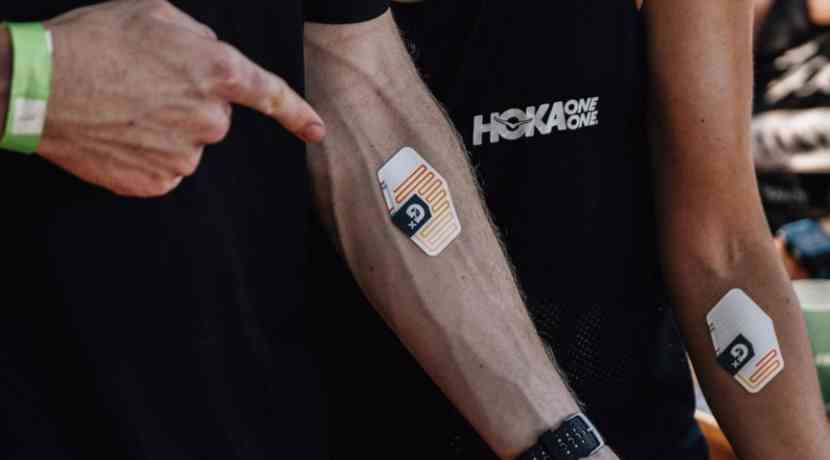It’s the same principle as the good old cassettes recorded in a cellar, copied a thousand times and shared between fans. Except that today musicians from the Sahel only need a smartphone and a WhatsApp message to make themselves known around the world.
This is what Ali Traoré, 26, hopes. In a dirt floor in Bamako, crowded with scooters and jerry cans, the young man, dressed all in black, begins to strum the strings of his acoustic guitar. At his side, Hamadoun Guindo strikes rhythmically on a calabash.
Ali, whose artist name is “Bounaly”, sings his nostalgia, the dunes of Niafounké, his hometown, also that of the immense singer and guitarist Ali Farka Touré, whom he left in 2010 to study in Bamako , two years before the advance of the jihadists in the North.
Smiling, after a few minutes he presses the “stop” button on his smartphone. You just have to send the track by WhatsApp to Christopher Kirkley, the founder of the Sahel Sounds label, who lives in Oregon, on the west coast of the United States.
Sahel Sounds (“Les Sons du Sahel”) normally publishes vinyl records recorded in Mali, Mauritania, Niger or Senegal.
In January 2020, his boss decided to ask musicians from these countries to send him their recordings by WhatsApp. He will then publish them, barely edited, on the online music sales platform Bandcamp, known for hosting independent artists.
Every month, new songs are released under the title “Music from Saharan WhatsApp”. For the Internet user, the price of the download is free. As for the artist, he receives 100% of the income during the month when his works are online.
Ali Traoré recounts how Christopher Kirkley once asked him to “record some sounds in the phone”, then transfer them by WhatsApp. “I said OK, no problem, we’ll do it like that”.
Barely two weeks then passed between the recording of the songs and their uploading at the beginning of November.
– “Breaking down barriers” –
“A label from Mali can not take you to the United States or on international tours”, underlines the musician, hoping that this music by WhatsApp brings him notoriety.
“It’s essentially an experiment, to see how to break down the barriers to entry into the market for these artists from West Africa,” Christopher Kirkley told AFP.
Among those who participated in the project, some were “shocked” by the amounts they raised in such a short time for just a few tracks recorded on their phones, he says.
“It was really great”, rejoices Amariam Hamadalher, member of the Tuareg blues group from Niger “the Daughters of Illighadad”.
Just five songs recorded at home, with friends, earned them 3,000 euros, she says, which is 20 or 30 times the average salary in the region. “It has helped us a lot in this somewhat difficult period of coronavirus.”
Christopher Kirkley founded his Sahel Sounds label in 2009, initially as a blog. Then he traveled for years, especially in the Sahel, a huge semi-desert region south of the Sahara, recording local musicians.
He realized the importance of cell phones in the musical world of the sub-region.
At the time, we were no longer using duplicate cassettes, but the Internet was not yet very widespread and it was necessary to use Bluetooth to exchange files between telephones a few meters away.
“It was really interesting to see what people had on their phones. In every city it was different, and there were a lot of songs that you couldn’t find anywhere else, not on the radio and definitely not on Youtube ”, recalls the one that the magazine Les Inrockuptibles nicknamed“ the adventurer turned producer ”.
Ten years later, smartphones are everywhere, even in the Sahel, but Christopher Kirkley intends to “play a little with the same idea”: to discover, and make known, the music as it is played and shared in the Sahel, without the filter from a studio producer or record company.
– .


